The concept that your kids should learn to do chores for some lofty reason, like learning about responsibility, sounds good on paper. Unfortunately, it just doesn't work as a strategy. The good news? There's no shortage of practical strategies you can employ to ensure your kids help with the household chores.
Jump to:
For instance, parents can now use a kids' chore app to assign jobs to their kids and pay them. The innovative app teaches kids about responsibility and teaches them the importance of proper money management. Those who want to take their kids' spending freedom a notch higher can get them a kids debit card.
How Kids Can Benefit from Doing Household Chores
A study published by the University of Minnesota indicated that giving kids household chores early can help build a lasting sense of responsibility, mastery, and self-reliance. The study also revealed that kids who started doing chores early (around 3 or 4 years old) were more likely to succeed academically.
A 75-year-old Harvard Grant study looked into the biological processes and psychosocial variables that predicted well-being and health later in life. Researchers also concluded that kids who did chores early fared better in life. Whether sweeping the floor or making their bed, helping with the household chores makes them feel capable.
While kids as young as 3 or 4 may not often have the cognitive ability and attention span to assist with chores, they can still contribute. Sonja Meehan, a professional organizer, notes that toddlers frequently want to participate in activities, including tidying up.
If getting your kids to help with the household chores is a struggle for you, below are some of the effective strategies you can look into:
Get rid of distractions
If your child does not want to help with the chores, it would be a good idea to find out what is distracting them. Nowadays, it means gadgets and electronics need to be confiscated. You can always give it back to them once they've finished helping with the household chores.
It's also ideal to briefly discuss things with your kids and ask them what's distracting them and hindering them from completing the assigned tasks. From there, you can help them find ways to complete the chores.
Work as a team
Another straightforward yet very efficient way to complete household chores is to work as a team. Getting in the trenches with your kids will boost their morale. You can also use the time as an excellent opportunity to demonstrate how to complete tasks accordingly.
Give your kids ample time.
If a chore takes more than 15 minutes, you can allocate 30 minutes to it, making it less stressful for them. It is essential to remember that children typically require more time to complete chores. Your ultimate goal should be to teach them how to do the chores correctly. It will also help if you teach them one step at a time so they don't get overwhelmed.
Use allowance as leverage.
As mentioned earlier, many parents now use kids' chore apps to assign and pay their kids' tasks simultaneously. Some chore apps not only allow kids to earn money for helping, but they also introduce them to key (affiliate) financial concepts, such as spending, saving, investing, and even donating money.
Create a structure
Structure is vital when it comes to completing household chores. That said, there should be a set time when chores are to be done. For starters, it would be a good idea to ensure the bed is made and the room is tidy before allowing your kids to use any gadgets or play video games.
It is essential to teach them to finish their chores before they can have free time, so they'll learn which tasks to prioritize. Remember that it is recommended to work through the mundane to get to something exciting, rather than the other way around.
Never use chores as a punishment.
While using chores as a punishment or consequence is tempting, refrain from doing so. If your kids misbehave, don't ask them to do a household chore as punishment. Your kids need to learn that a chore is an expected responsibility they must take care of, not a punishment for their mistakes and shortcomings.
There is one instance where you can use doing chores as a consequence. For example, if your kid does something wrong to another sibling, you can ask them to take care of their sibling's chores to make amends. Doing so is a good way of saying, "I was wrong, and I'll take care of your chores to show my sincerity."
Set an example
Completing household chores is essential to running your household efficiently. The idea is to ensure kids consider household chores fun rather than a burden. One way you can do this is by letting them see you smile, joke around, and have fun as you go about the chores at home.
Ensure they stay motivated.
Usually, kids have something else planned once all their chores have been done. In line with this, talk to your kids, find out what they have planned, and use it to motivate them to finish their chores. For instance, you can tell them that once they finish their tasks, they can spend time playing basketball or whatever they want.
Stay organized
Lack of preparation can often lead to confusion. When it comes to household chores, it is crucial to state the goals and tasks as clearly as possible. Ensure that you also provide all the necessary supplies and equipment to complete the job. Plan everything and ensure that things are organized so that everything will go smoothly.
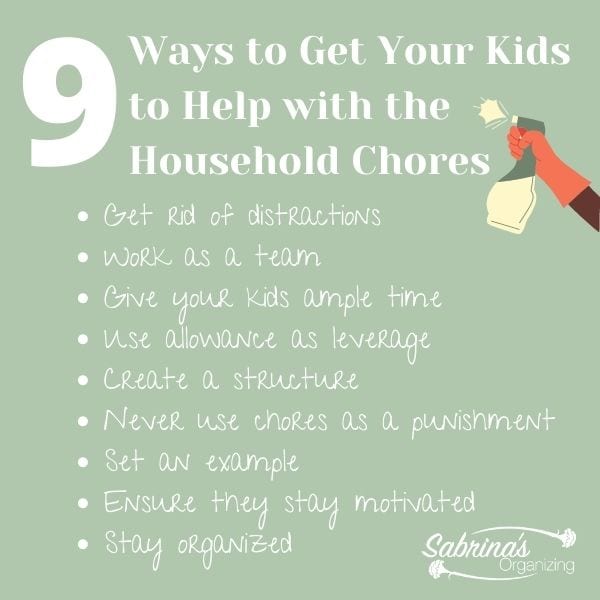
Conclusion
Encouraging kids to help with household chores can be challenging. Fortunately, with the above strategies, motivating your kids to accomplish tasks has never been easier.

About the Guest Blogger:
Samantha Green is the Content Marketing Strategist for BusyKid, the first and only chore and allowance platform where kids can earn, save, share, spend, and invest their allowance. A mom of two, she enjoys spending time with her kids and reading books to them.
Please note that these are affiliate links through Amazon (affiliate). If you decide to make a purchase, I will earn affiliate fees at no additional cost to you. Happy Shopping!



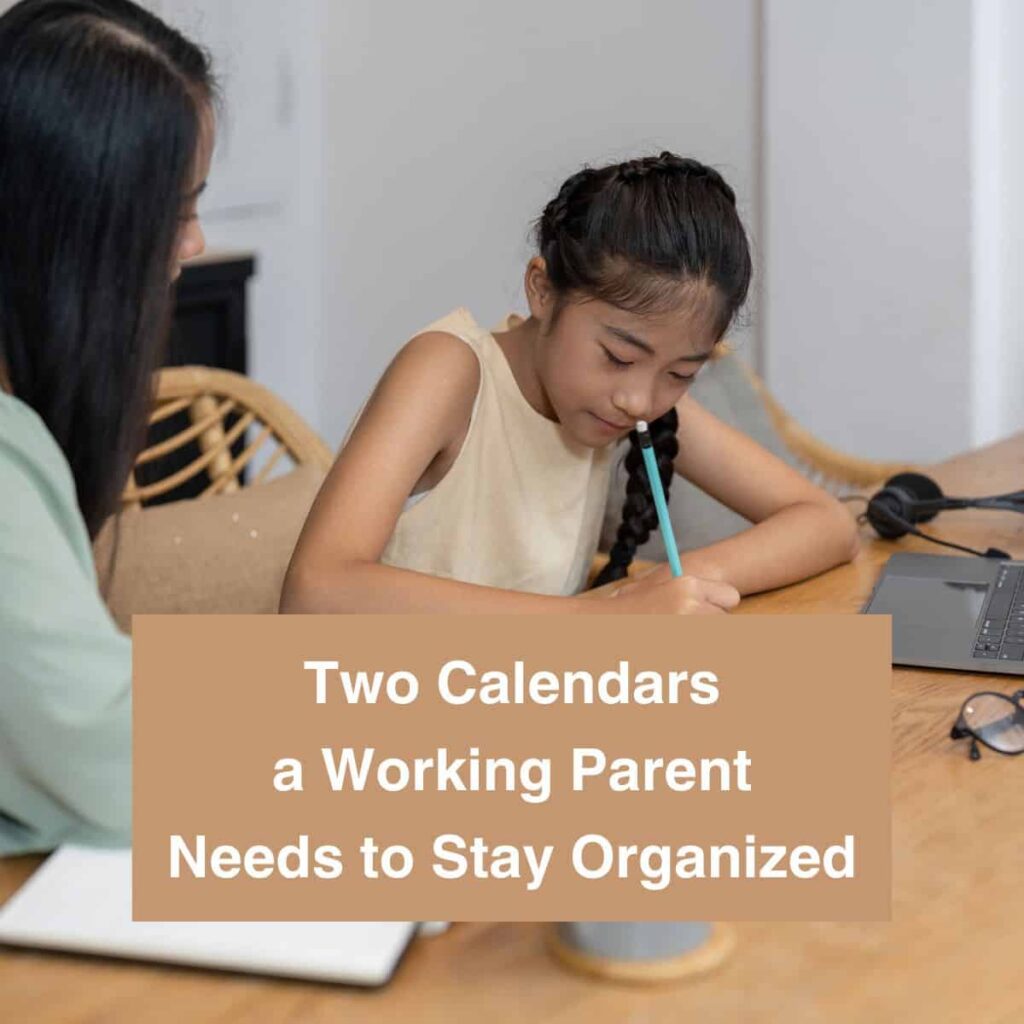

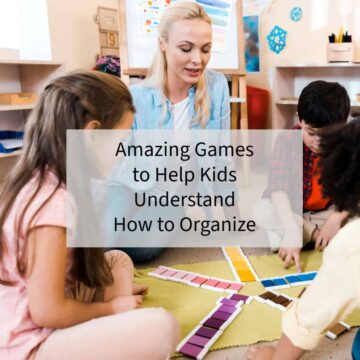
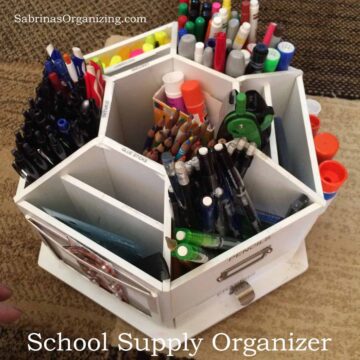



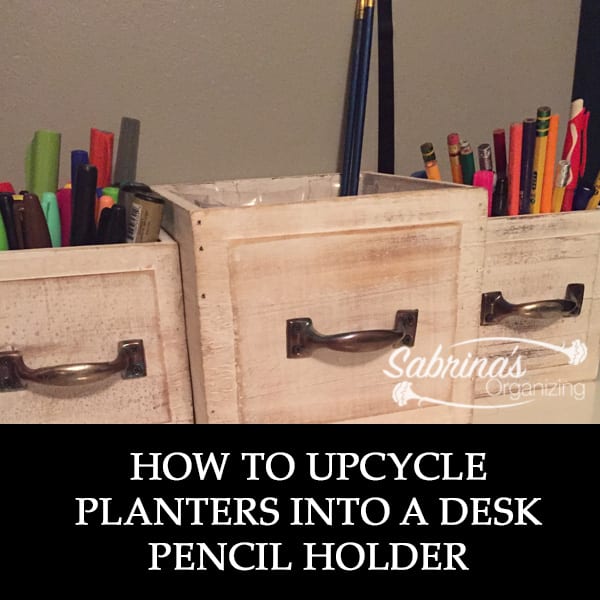
Julie Bestry says
Great post, and I agree with all of these points. I think, aside from distractions (and maybe a normal amount of laziness), some kids don't want to do chores out of a sense of anxiety that they don't know how to do the task properly. Even kids with understanding parents may suffer from anxiety -- it's not just stressful households -- and I've seen kids shy away from everything from dusting to writing book reports to ringing doorbells because they were afraid they'd do it "wrong." I think the best thing parents can do is use the "watch one, do one, teach one" method used for training doctors. Kids can be "assigned" to follow parents around and watch how to do a task, then do it, and then when appropriate, teach it to a younger sibling.
Janet Schiesl says
All great suggestions. I found that doing chores together (at the same time, not necessarily the same thing) helped my kids to participate with less whining. I tried to incorporate chores into our lifestyle - you eat something, you clean up after yourself when done.
Sheri Steed says
Great ideas. Interesting research. Excellent resources. I love the way you've handled the topic. I definitely come down on the side of chores for kids, so I really appreciated the thoughtful and insightful way you handled it.
Linda Samuels says
You mentioned a "chore app," but I didn't see its name or a link? Is there one? What a great idea! I like the team approach. It's how we raised our kids, and it seemed to work pretty well. Instead of having official "chores," the idea was that we all helped each other "life stuff" like organizing, setting or clearing the table, making meals, food shopping. We also entertained a lot, and our kids loved helping with getting "party-ready." They now excel at that and understand what goes into planning an event and cleaning up after.
Lucy Kelly says
I don't think I've seen this idea before but I love it - taking on a chore for a sibling to make amends is such a concrete way to make things better. And most kids would be highly motivated to avoid having to do that. Win-win!
Seana Turner says
I love that we both have children on our minds this week, Sabrina. That point about not using chores as punishment is now running through my mind. I think I did that, and now I can see that wasn't my best parenting move. I did have the girls make their beds every morning, and take turns setting up the table and clearing it off. We also had a daily task of running the vacuum cleaning under the kitchen table... until we got a dog. Then we didn't need that one anymore:)
Sara Skillen says
I often talk with clients about this under-utilized form of delegation - and our kids often want to help out more than we give them credit for (especially when they're little). We can make the most of that, and give them life skills at the same time. Great post!
Ronni Eisenberg says
Sabrina,
This is such an inspiring post because getting any member of the family to help at home can be a challenge. I agree that starting early, even at 3, makes a huge difference. It becomes a natural part of their lives, even if it’s not seamless. When my kids were small, we would sing songs, we’d play beat the clock, I made sure that everything had a colorful or labeled space, when putting away toys. I wanted them to care for their belongings, especially so they could take find them again.
Julie Stobbe says
I completely agree with your thoughts on children and chores. My kids started as soon as they could walk taking their dirty clothes and putting them in the laundry basket. All the parents in the children's lives need to model that doing chores is part of the responsibility of everyone in the family. If one person doesn't have to help soon others will stop too. Consistency is very important when children start doing chores. The need to learn they are not optional just part of everyday living and then it stops being a chore.